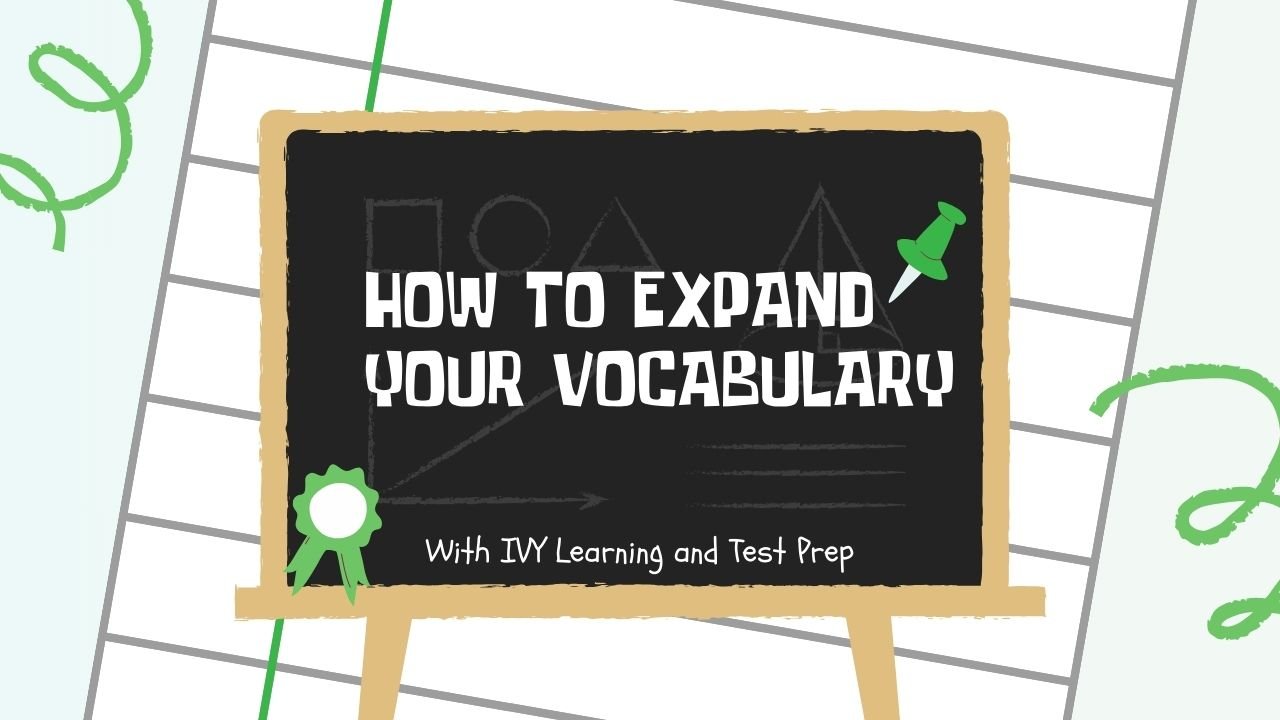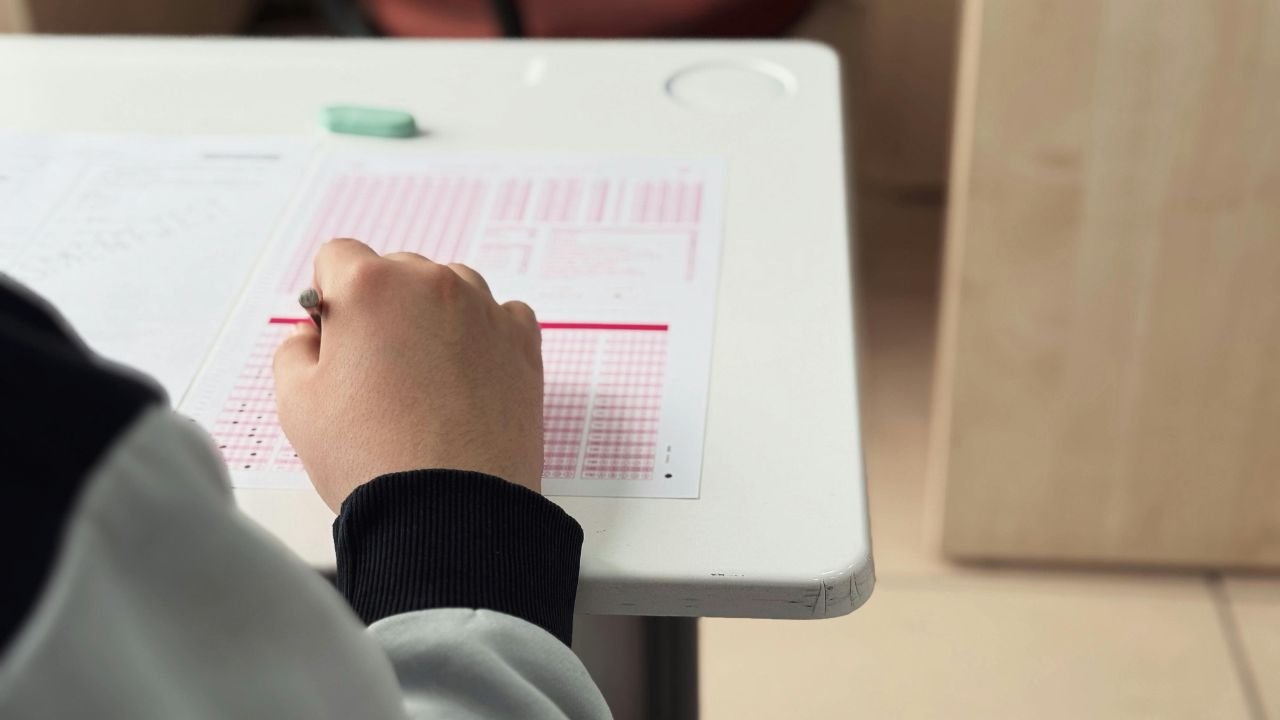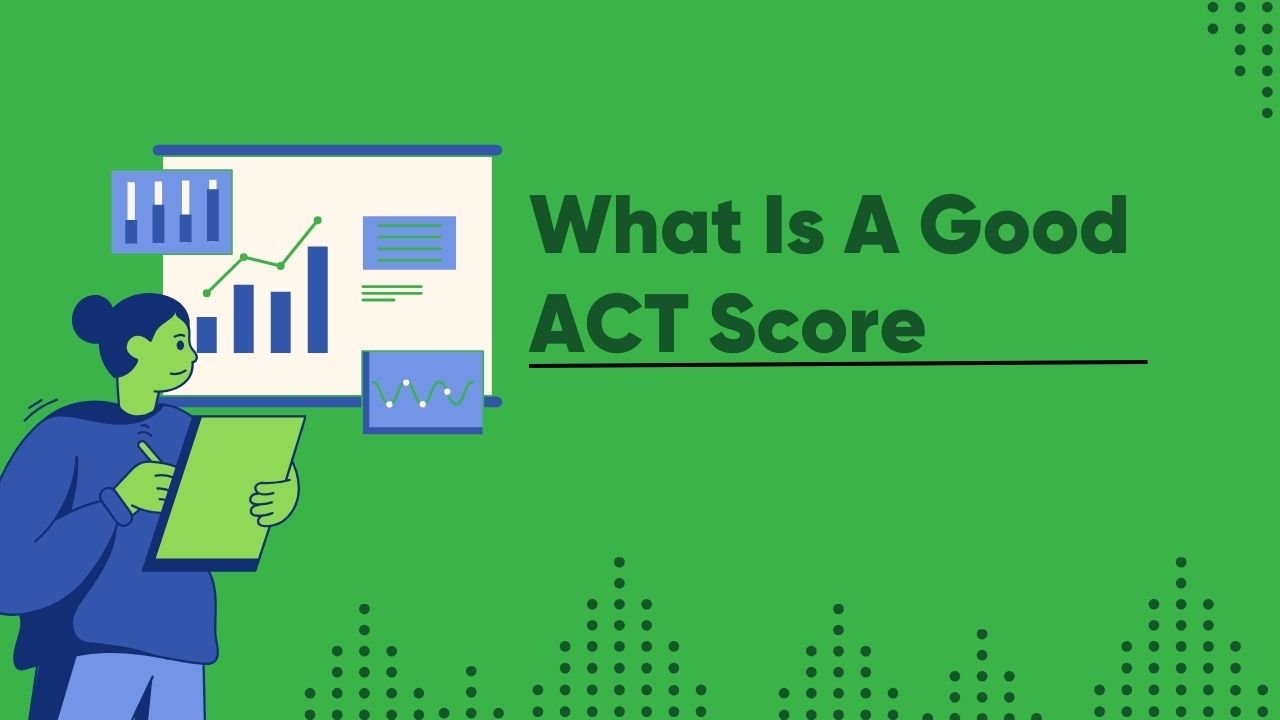Preparing for 8th grade in the summer can be a great way to gain better marks. These marks matter a lot. They fill the gap between middle school and high school. Students who want to gain higher education often have to prepare for demanding coursework, higher expectations, and a disciplined academic routine. On the other hand, summer is a great time not only for relaxation but also to reset. Consistent summer preparation may result in a stronger performance and less anxiety.
In this post, we will discuss how summer can be used to prepare for 8th Grade. This will help them to grow academically, emotionally, and socially, without pressure or burnout. This post suits all, from parents, students, to educators. After reading this post, you will have an actionable strategy featuring realistic research, experience, and real-world results. Continue reading the following.
Key Takeaways
- Having an 8th grade prep summer routine can help you build a skill rather than an academic regression.
- Regular reading can improve reading comprehension, writing, and vocabulary.
- Reviewing math can improve confidence and retention.
- Science exploration can increase curiosity and long-term understanding.
- Consistent writing creates the habit of critical thinking and expression.
- Healthy habits enhance focus and productivity.
- Support systems matter, parents, mentors, and platforms like IvyTp help shape the path forward for Ivy learning and even Ivy test prep.
8th Grade Perp In Summer
Start With A Light Yet Consistent Routine
Students grow more when they stay consistent in their planning. They have set days during their school years. However, as the summer starts, the structure disappears. They usually don’t have any plans, and most students lose the academic growth they made during the year. This phenomenon is called the “summer slide.”
So, how do you beat this? Working on your basic routine first. Create a dedicated morning routine for an hour to learn. Split it into reading, math, and science. Keep it short and stay consistent, not intense. Set the routine early in the summer, and stick to it. This helps students stay focused without feeling overwhelmed. The best thing about such routines is that they can be helpful even in Ivy test prep.
Prioritize Reading Every Day
Reading is highly underrated by most students. Regular reading can improve your vocabulary, comprehension, and knowledge of different subjects. You become a better learner when you are a better reader. Choose books that challenge without frustrating. Try different genres from fiction to nonfiction, biographies, science, and even graphic novels. Let the student help choose the titles.
Use the “20-5-5” method:
- Read for 20 minutes.
- Talk for 5 minutes about what you read.
- Write for 5 minutes a summary, a reflection, or a prediction.
This method improves the understanding and critical thinking while also preparing students for 8th grade writing prompts they’ll see in school.
Review Core Math Skills Weekly
Math skills proliferate with consistent practice. However, they fade faster unlike reading when you don’t use them. Have a weekly math session to keep your concept fresh. Also, a worksheet suited for your grade or an online platform like Ivy Tutor for this purpose. Focus on:
- Fractions and decimals
- Ratios and proportions
- Basic algebra
- Geometry fundamentals
While refreshing, do not use a rushed approach; keep it slow and regular. Mastering the skills matters more than speeding. Work on a single concept per week and review it every 3 -4 days. It will keep your skills sharp and fresh. Use real-world math when possible, such as cooking, measuring, and budgeting. These hands-on applications help students connect math with everyday life.
Explore Science With Curiosity, Not Memorization
You will be introduced to abstract thinking, energy, forces, and chemical reactions with science in 8th grade. However, to spark your curiosity, you don’t need to work in a lab. Start with some basic questions and keep going. Such as:
- Why does a shadow change?
- How does a battery work?
- What happens when salt meets ice?
Watch educational documentaries and visit museums. Opt for simple experiments at home. Your core focus with it should be building a relationship with science that goes beyond textbooks. Keep a science journal. Let students draw, label, and reflect. This builds comfort with the heart of all scientific learning, including Ivy learning in near future.
Write To Think, Not Just To Impress
Writing is not just about grammar. It’s how students make sense of ideas. Summer writing shouldn’t mimic school assignments. It should offer freedom.
Offer prompts that invite thinking:
- “What’s a problem in your community you’d like to solve?”
- “If you could design a school, what would it look like?”
- “Describe a moment when you felt proud.”
Have the 8th grade students write by hand. This strengthens memory and cognitive processing. One paragraph a day builds fluency. Later, ask them to revise. This teaches that writing is not one-and-done it’s a process. These habits prepare students for essays, tests, and real-world communication.
Keep Digital Use Intentional
Technology usage in our lives these days is inevitable. Using it in learning is a good idea, but only when you need it the most. The old-fashioned way of learning may seem hard, but it polishes your rational skills and improves your problem-solving skills. However, using devices for learning can efficiently increase your skills. If used passively, they reduce focus and delay development.
Create a set schedule fr screen time. Only use applications and platforms that offer educational value. Let students research a topic, watch a tutorial, or build something digital. Guide their usage. If they’re watching, ask them to explain what they learned. If they’re playing, ask what strategies they used.
Building healthy tech habits is a good practice for the summer not only for students but generally for humans these days.
Practice Organizational Skills Early
For academic success in 8th grade prep, you have to work more than just intelligence. Students need to manage time, track assignments, and follow through on tasks. Introduce simple tools:
- A planner (digital or paper)
- A weekly goal list
- A reward system for completion
Let student plan their week and guide them through adjusting when things start to change. Let them understand and explain what went well and what didn’t. This builds accountability and confidence. Even 15 minutes a week dedicated to planning teaches lifelong skills.
Cultivate Emotional and Social Readiness
As the students are going further in their academic careers, the social pressure also increases. Students often face changes in friendship, identity, and responsibility. Create an environment for open conversation. Normalize mistakes. Celebrate growth.
Help them learn how to:
- Ask for help
- Set boundaries
- Handle failure with grace
Summer is a safe space for this kind of development. Consider volunteering, sports, or clubs that foster collaboration. These experiences prepare students for more than just school—they prepare them for life.
Prepare for 8th grade: Talk About Goals, Not Grades
Perhaps the most important thing to prepare for 8th graders. Instead of focusing on the grades, why not talk about goals? Ask students:
- What do you want to get better at this year?
- What do you want to understand more deeply?
- What kind of learner do you want to become?
These questions will motivate the students to express what they are feeling. When students want to grow, they will do better in class and in their lives. When they aim only to achieve, they may burn out or fall short. Summer can be the time when students define their success.
Final Words On How to Prepare for 8th Grade Over the Summer
When it comes to preparing for the 8th grade, the summer can be a great time. Parents and teachers can help the students create a schedule that accommodates rest, academic routines, and extracurricular activities. Instead of relying solely on technology, they can do an old-style academic routine where they manually search for topics, brainstorm, and activities should be appreciated. Every student benefits from a little momentum. Every parent and educator can support it with structure, curiosity, and empathy.
When students read, write, reflect, and reset over the summer, they enter the school year stronger. Not just in knowledge, but in mindset. The result? Less stress, more confidence, and a year filled with growth. Read also our guide on how to expand your vocabularly.










